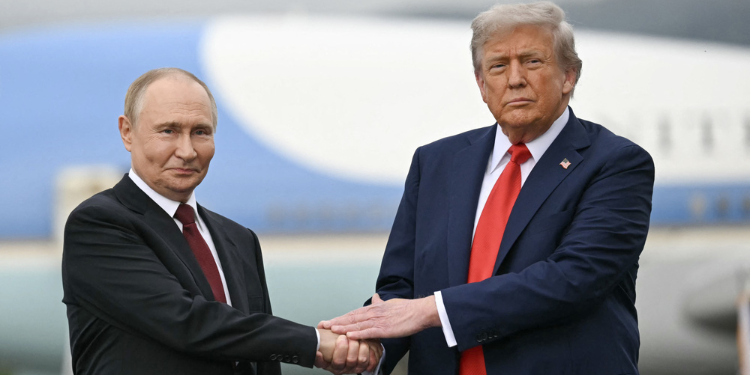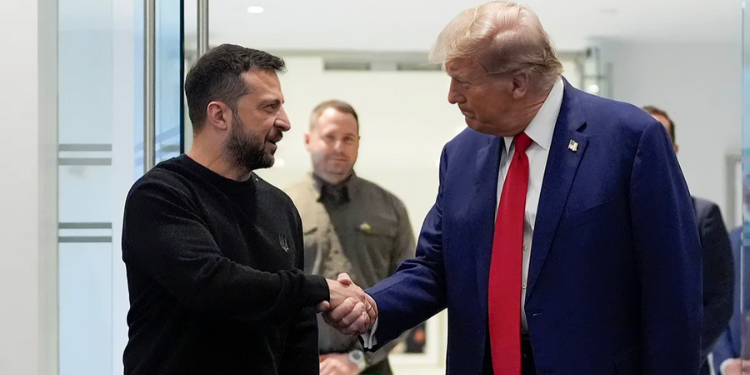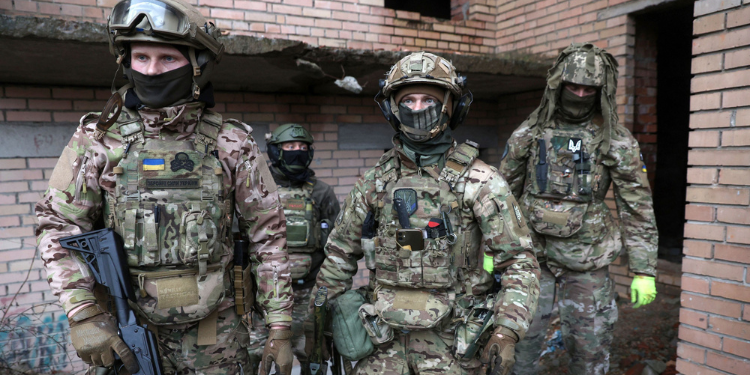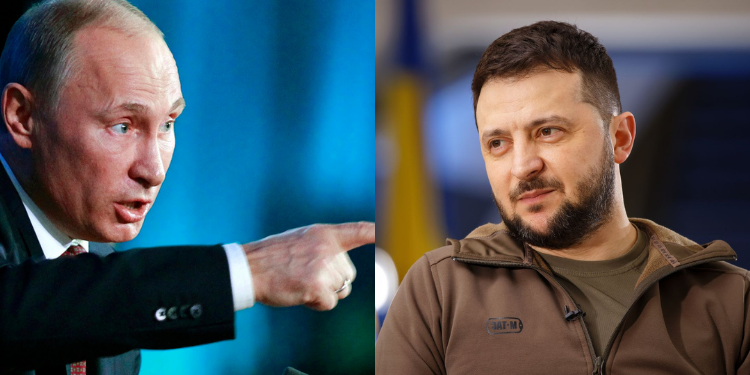U.S. President Donald Trump has dismissed Ukrainian President Volodymyr Zelensky’s latest appeals for advanced weaponry, including long-range missiles and air-defence systems, suggesting that Ukraine has been ill advised.
Speaking during an interview at the White House, Trump has criticized Zelensky’s continued requests for U.S.-made missiles, adding to Ukraine’s woes as they are at a critical stage of the war against Russia.
The friction follows Zelensky’s repeated efforts to shore up Ukraine’s defences, including offers to buy Patriot batteries and calls for allied financing of additional systems to protect population centres.
Unshakable Trump
Trump’s latest remarks now raise questions about the future of U.S.-Ukraine military cooperation.
“He’s always looking to purchase missiles. Listen, when you start a war, you got to know you can win a war. You don’t start a war against somebody that’s 20 times your size and then hope that people give you some missiles.”
While the U.S. remains Ukraine’s largest military backer, Trump’s comments have caused a massive unease within his administration about the extent of American involvement, particularly the delivery of long-range systems that could be used to strike deep inside Russian territory.
European nations, including Germany, the Netherlands, and Poland, have stepped up deliveries of certain systems, but their collective contributions remain insufficient to replace the volume of U.S. support.
NATO officials have acknowledged that more coordination is needed to prevent dangerous gaps in Ukraine’s defences as winter approaches, a period when Russia traditionally escalates attacks on energy grids and civilian infrastructure.
In Washington, a growing bloc of lawmakers is questioning whether endless support for Ukraine serves U.S. interests, which has slowed the passage of new aid packages, creating uncertainty about Kyiv’s war planning.
Zelensky’s Headache
Zelensky’s administration has repeatedly urged the U.S. and European allies to step up deliveries of advanced systems, particularly Patriot batteries, which have proven vital in defending cities from Russia’s relentless bombardment.
Trump’s public rejection marks one of Zelensky’s most significant diplomatic setbacks since the war began.
According to a NATO official who requested anonymity, there are fears that Trump’s comments could embolden Russia by signalling divisions within the Western alliance and undermining Ukraine’s negotiating position in any future peace talks.
Also Read: Trump Reveals When He Will Impose Sanctions on Russia in Letter to NATO
Zelensky is now at a very challenging place, as he has to convince allies that Ukraine can hold the line without the very weapons he insists are essential to survival.
As Russia steps up its offensive and Ukraine’s arsenal dwindles, Zelensky’s plea for help has never sounded more urgent.
The Biden administration had already imposed restrictions on how Ukraine could deploy certain U.S.-supplied long-range systems, limiting their use against targets deep inside Russian territory.
While intended to avoid escalation, these limits have drawn criticism from Kyiv and several European governments, who argue that they tie Ukraine’s hands at a time when Moscow shows no restraint.
Delays in military supplies have already forced Ukrainian troops to ration ammunition and scale back counteroffensive plans, heightening fears that Russia could gain a decisive advantage.
Ukraine-Russia War
Despite multiple attempts to launch peace negotiations, the gap between Kyiv and Moscow remains vast.
President Volodymyr Zelenskyy insists that any settlement must include the withdrawal of Russian forces from all occupied Ukrainian territories, including Crimea, and guarantees of Ukraine’s sovereignty and future security.
Also Read: Boots on the Ground: US and UK Asked to Deploy Soldiers to Ukraine
The Kremlin, led by President Vladimir Putin, continues to reject these terms outright, maintaining that Ukrainian territory seized since 2014 is now part of Russia and frames Western involvement as proxy warfare.
Russian officials argue that peace talks must reflect “new realities,” effectively demanding Ukraine’s recognition of Russian control over annexed areas.
Recent summits in Alaska with Trump and in China with Xi Jinping strengthened Russia’s geopolitical hand, giving Moscow confidence to continue its military push.
Follow our WhatsApp Channel and X Account for real-time news updates.
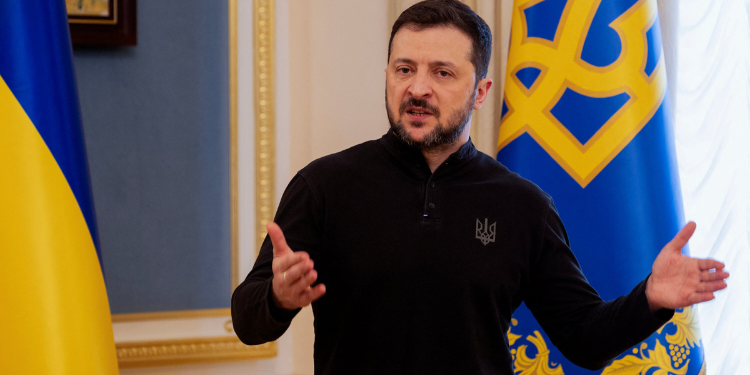

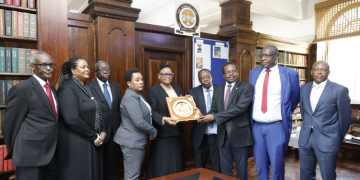

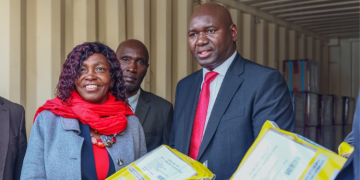
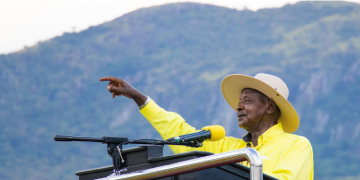


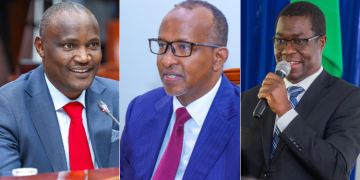
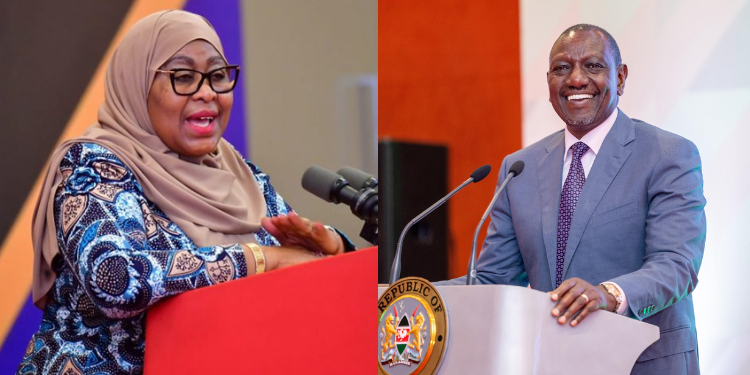
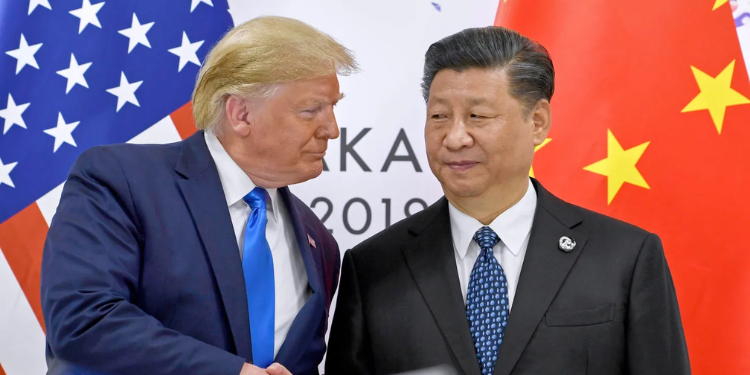







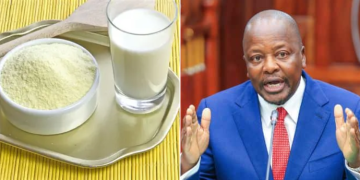

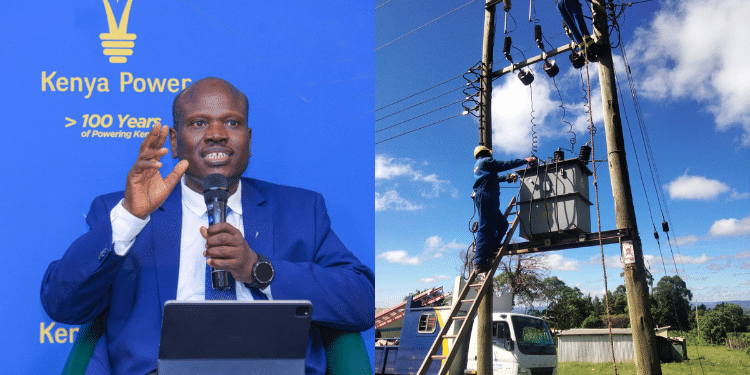





























![Senator Allan Chesang And Chanelle Kittony Wed In A Colourful Ceremony [Photos] Trans Nzoia Senator Allan Chesang With Channelle Kittony/Oscar Sudi]( https://thekenyatimescdn-ese7d3e7ghdnbfa9.z01.azurefd.net/prodimages/uploads/2025/11/Trans-Nzoia-Senator-Allan-Chesang-with-Channelle-KittonyOscar-Sudi-360x180.png)




















